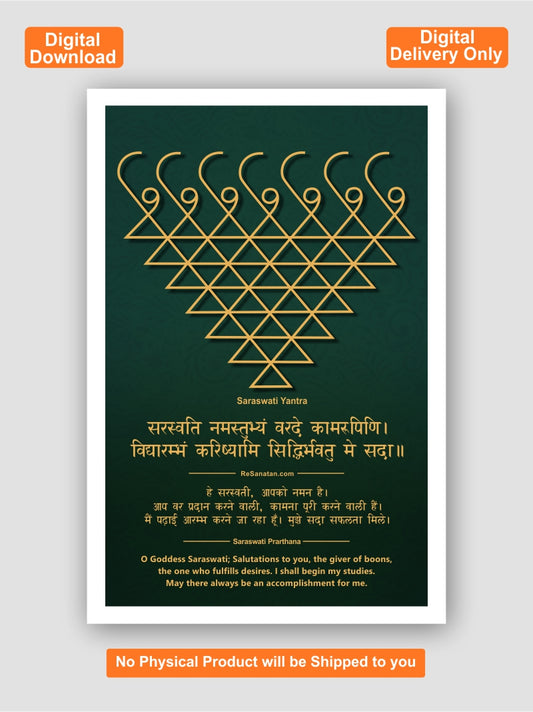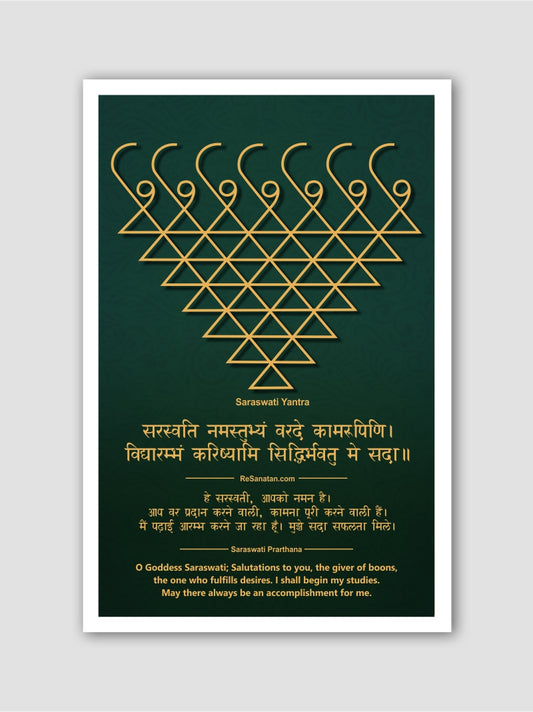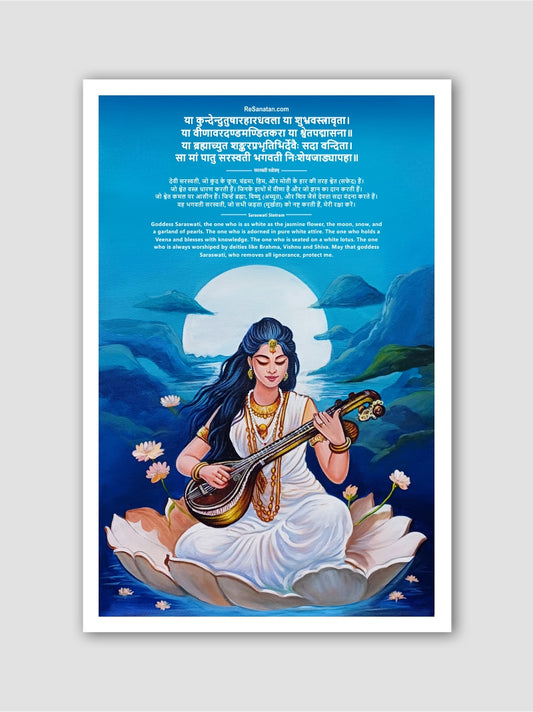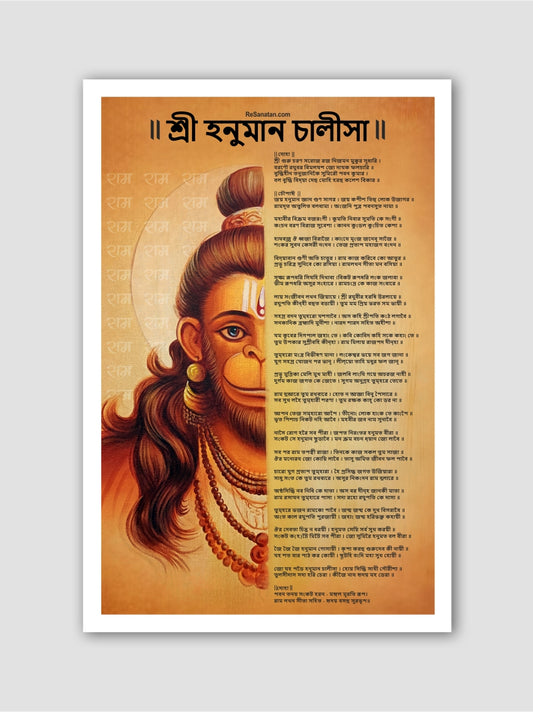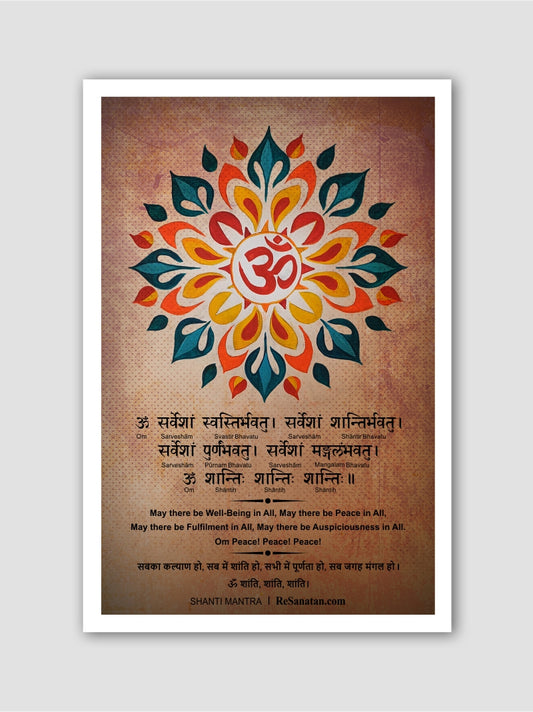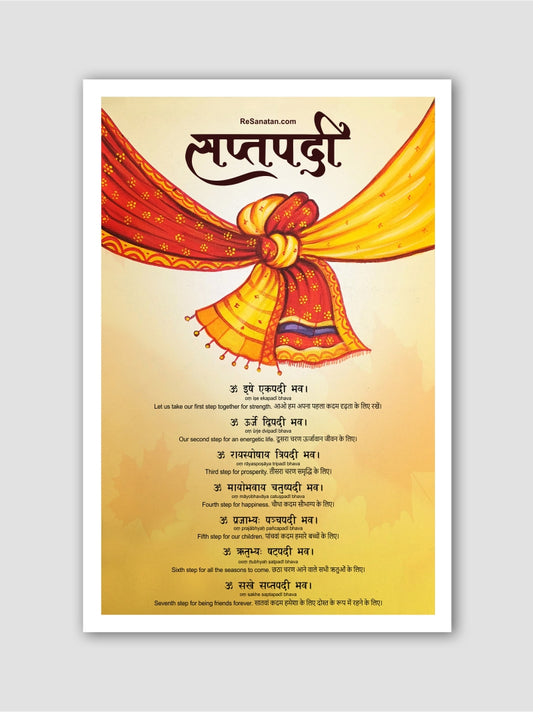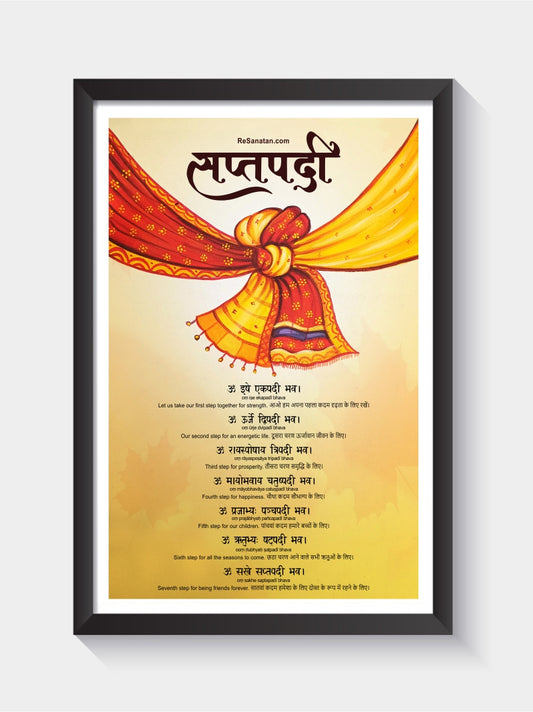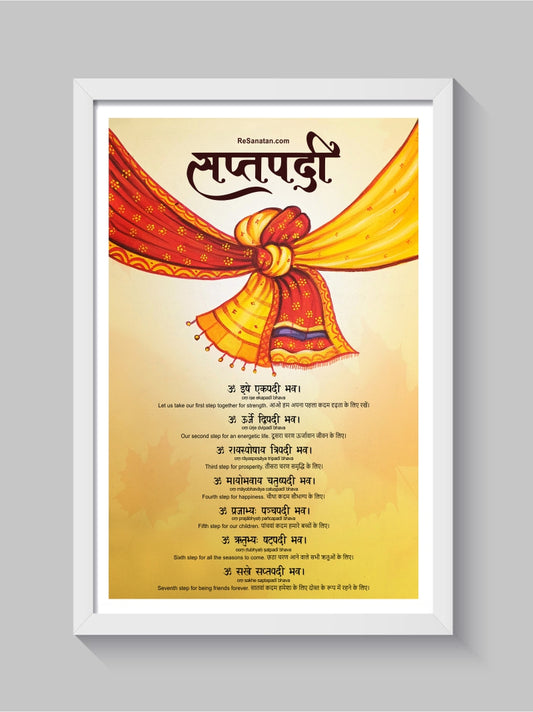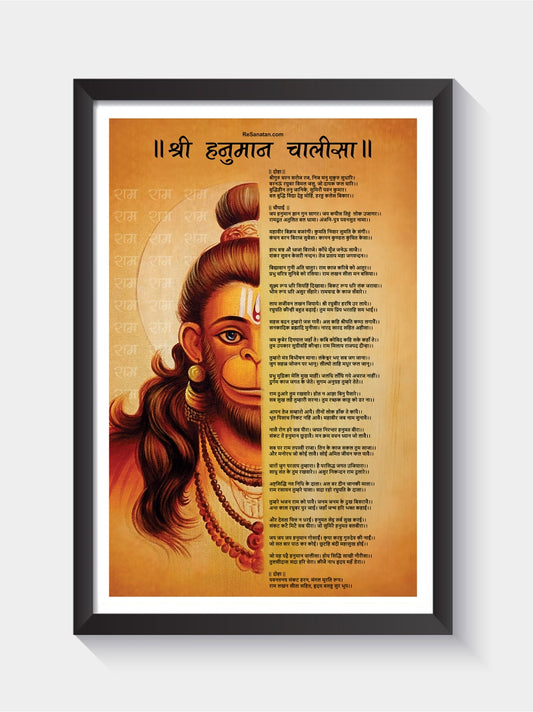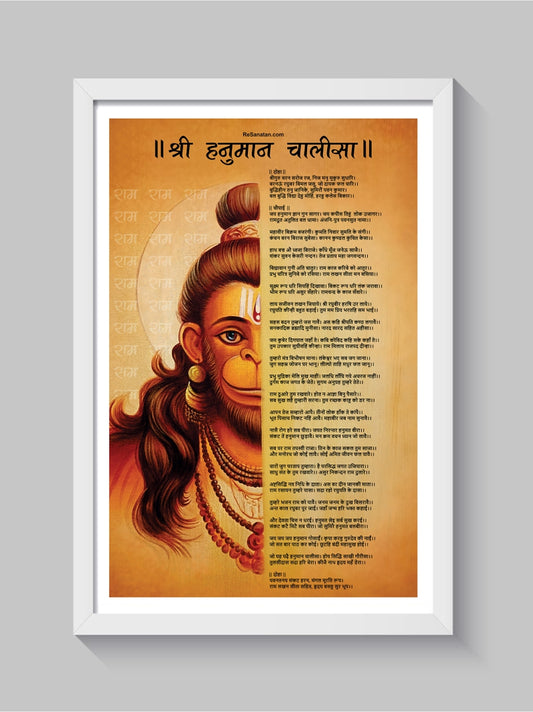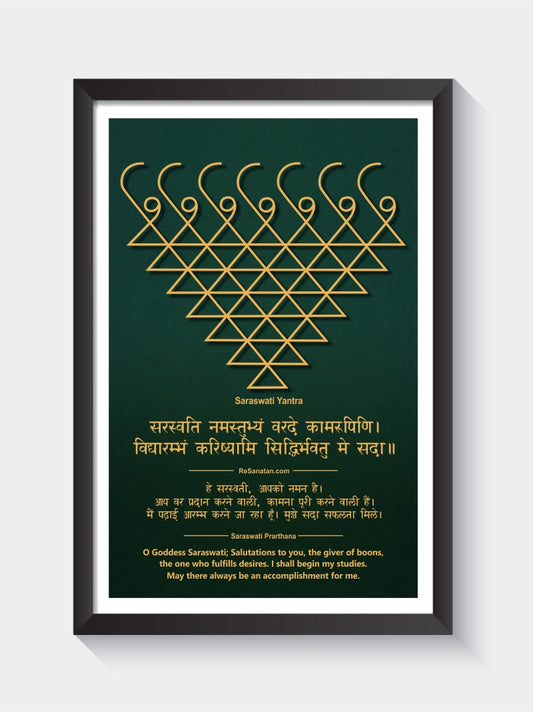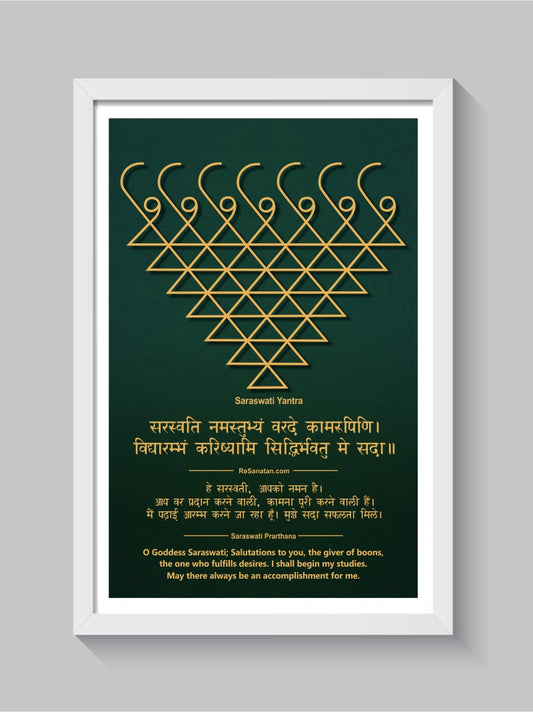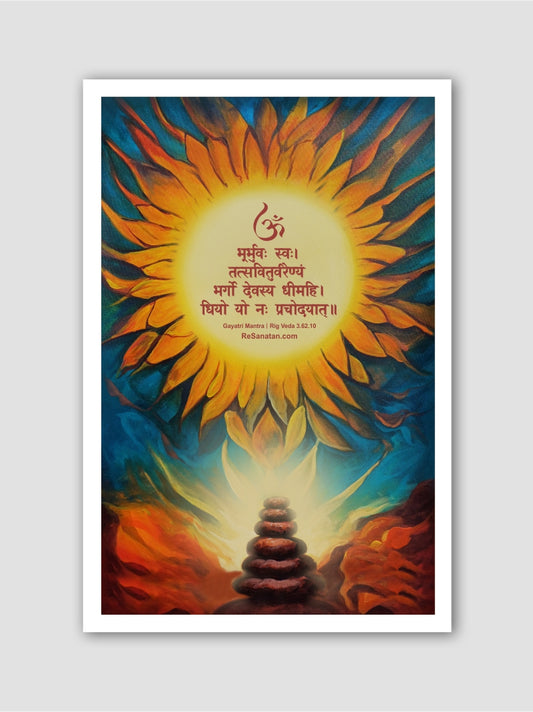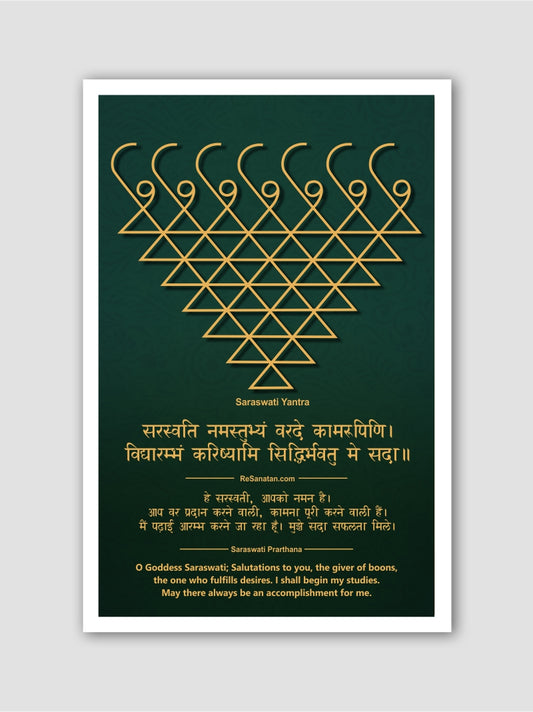The sacred rivers of Hinduism weave a spiritual tapestry, each with its unique significance and divine connections. Among them, the Yamuna River emerges as a celestial entity, flowing gracefully through the plains of northern India. Originating from the Yamunotri Glacier in the Himalayas, the Yamuna is not just a physical watercourse; it is a sacred journey deeply ingrained in the spiritual fabric of Hindu mythology. In this expansive exploration, we embark on an odyssey through the spiritual significance of the Yamuna River, delving into its mythological foundations, cultural resonance, rituals, and the symbolic echoes that render it a sanctified waterway in the Hindu pantheon.
Mythological Foundations:
The spiritual significance of the Yamuna River is enshrined in the mythological narratives of Hinduism, where it is intrinsically linked to Lord Krishna. According to popular belief, the Yamuna is considered the sister of Lord Yama, the god of death. Legend has it that the river's waters are potent enough to wash away the sins of those who bathe in its sacred flow, offering a pathway to spiritual purification and liberation.
However, it is the association with Lord Krishna, the divine avatar of Vishnu, that elevates the Yamuna to a position of immense sanctity. The tales of Krishna's childhood exploits, especially his dalliances with the gopis (milkmaids) along the banks of the Yamuna in Vrindavan, imbue the river with a divine aura. The Yamuna becomes the backdrop for the Ras Leela, a celestial dance of love and devotion, symbolizing the union of the individual soul with the divine.
Radha-Krishna and the Yamuna:
The love story of Radha and Krishna, celebrated in Hindu devotional literature and art, finds a poignant connection with the Yamuna River. Vrindavan, on the banks of the Yamuna, is believed to be the playground of Krishna's divine leelas (pastimes). The river becomes a witness to the enchanting episodes of Krishna's youth, where he frolics with Radha and the gopis.
The waters of the Yamuna hold a special place in the hearts of devotees, who see the river as a symbol of divine love and the eternal connection between the soul (Atma) and the Supreme (Parmatma). Pilgrims and seekers often visit the ghats of Vrindavan and Mathura, immersing themselves in the sacred waters to experience the spiritual resonance of the Yamuna's association with the divine couple.
Cultural Resonance:
The Yamuna River has not only influenced the spiritual consciousness of Hindu devotees but has also played a crucial role in shaping the cultural landscape of northern India. The cities along its banks, particularly Mathura and Vrindavan, are centers of pilgrimage and cultural heritage.
Mathura, the birthplace of Lord Krishna, resonates with the spiritual energy of the Yamuna. Pilgrims flock to the Vishram Ghat, where, according to legend, Lord Krishna rested after slaying the demon Kansa. The riverbanks of Mathura become vibrant with devotional activities, and the Krishna Janmabhoomi Temple stands as a testament to the divine heritage associated with the Yamuna.
In Vrindavan, the Yamuna becomes a muse for poets, artists, and musicians who draw inspiration from the tales of Radha and Krishna. The ghats, temples, and winding streets of Vrindavan echo with the devotion and the cultural effervescence that have emanated from the Yamuna's spiritual embrace.
Yamuna Aarti and Festivals:
The spiritual significance of the Yamuna is accentuated during religious festivals and rituals. The Yamuna Aarti, performed at various ghats, is a visual and auditory spectacle that draws devotees and tourists alike. The rhythmic chanting, the melodious tunes, and the flickering lamps create an ambiance of spiritual transcendence, connecting the participants with the divine energy flowing through the Yamuna.
The Yamuna Jayanti, celebrated on the day of the river's birth anniversary, is another significant festival. Devotees observe fasts, perform rituals, and engage in charitable acts to honor the sacred river. The festival underscores the Yamuna's role as a life-giver, both physically and spiritually.
Yamuna in Hindu Scriptures:
While the Yamuna may not be as extensively mentioned in Hindu scriptures as the Ganga, it finds notable references in various Puranas and epics. In the Mahabharata, the Yamuna is mentioned as one of the sacred rivers of ancient India. The Puranas, including the Vishnu Purana and the Bhagavata Purana, extol the virtues of the Yamuna and its association with Lord Krishna.
In the Bhagavata Purana, the episode of Krishna subduing the serpent Kaliya in the Yamuna is narrated. The story symbolizes the victory of divine consciousness over the forces of darkness, reinforcing the sanctity of the Yamuna in the context of Krishna's divine leelas.
Symbolism of the Yamuna's Flow:
The flowing waters of the Yamuna hold symbolic significance in Hindu philosophy. The river's gentle and nurturing flow is often associated with the qualities of motherhood and compassion. Devotees believe that bathing in the Yamuna's waters not only cleanses the body but also purifies the mind and spirit, fostering a sense of spiritual well-being.
The Yamuna's meandering course is also symbolic of life's journey, filled with twists and turns. The river, like life itself, flows with grace and resilience, teaching individuals to navigate through the currents of experiences and challenges with equanimity.
Environmental Challenges and Conservation Efforts:
The spiritual sanctity of the Yamuna faces environmental challenges similar to those encountered by other sacred rivers. Pollution, industrial waste, and encroachment threaten the purity of the Yamuna's waters. Recognizing the urgency of conservation, governmental and non-governmental initiatives have been launched to restore and preserve the Yamuna's ecological health.
The Namami Yamuna project, akin to the Namami Gange project for the Ganga, aims to rejuvenate and clean the Yamuna. These conservation efforts align with the understanding that the spiritual and ecological dimensions are interconnected, and the preservation of the river is vital for both the environment and the spiritual well-being of communities.
The Yamuna River, originating from the Himalayas and winding its way through the spiritual landscapes of northern India, is not just a watercourse; it is a sacred journey, a conduit of divine grace. Its spiritual significance, deeply rooted in the tales of Lord Krishna and the love between Radha and Krishna, permeates the cultural and religious milieu of the region.
The Yamuna, with its gentle flow and celestial associations, becomes a source of inspiration for artists, poets, and devotees alike. The ghats of Mathura and Vrindavan, resonating with the tales of Krishna's leelas, stand as testament to the Yamuna's role in shaping the cultural heritage of India.
The river's spiritual resonance is experienced in the rituals, festivals, and aartis performed along its banks. The Yamuna Jayanti, marking the birth anniversary of the river, becomes an occasion for reflection and devotion, strengthening the connection between the physical and metaphysical realms.
As the Yamuna flows ceaselessly, it becomes a symbol of life's journey, with its ebbs and flows mirroring the rhythm of existence. The challenges faced by the Yamuna echo the broader environmental concerns and the need for collective efforts to preserve and protect sacred waterways.
In the sacred currents of the Yamuna, devotees find not just a river but a divine essence that nurtures the soul and guides it on a timeless quest for spiritual awakening. The Yamuna, with its mythic narratives and cultural resonance, continues to be a beacon of spiritual light, inviting pilgrims and seekers to immerse themselves in its sacred waters and experience the eternal dance of divinity along its celestial banks.




